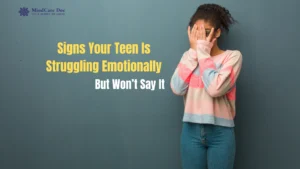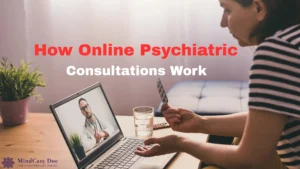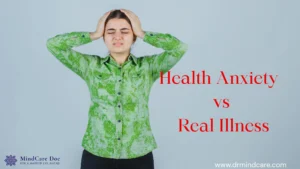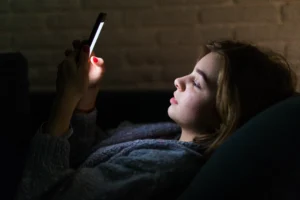Digital Detox for Mental Health – Finding Balance in Kerala’s Screen-Filled World
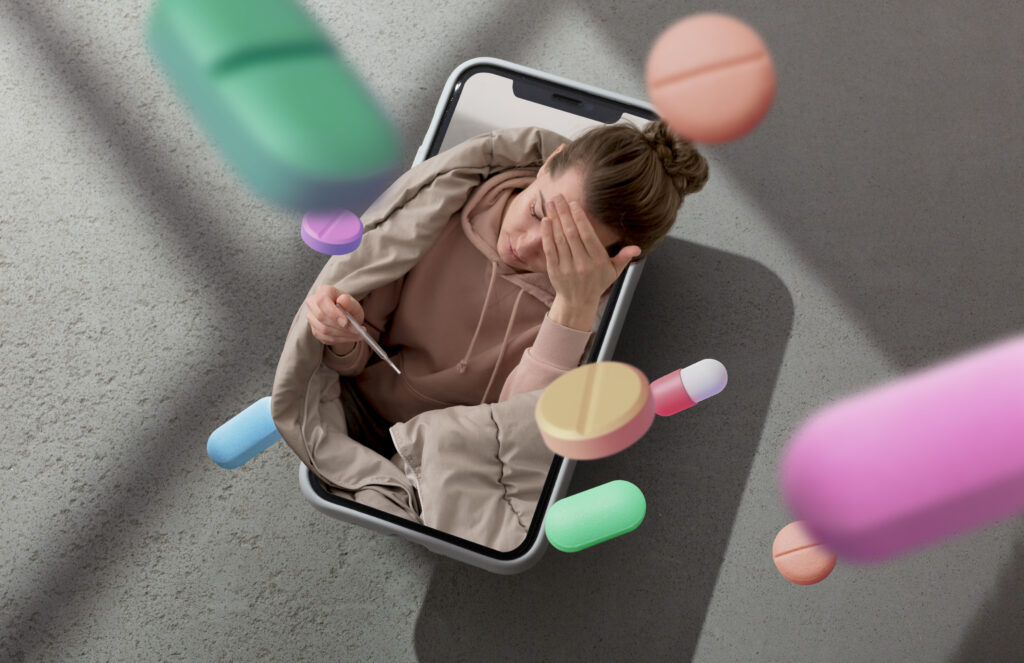
Introduction
In the serene landscapes of Kerala, from Trivandrum’s tech parks to Kochi’s buzzing IT corridors and Alappuzha’s rising digital literacy, screen time has become a daily necessity.
Globally, the concern is rising too. According to the World Health Organization(WHO), excessive screen time contributes to increased stress, sleep disorders and even depression, especially among youth and working professionals.
While digital life fuels productivity, it’s silently takes a toll on mental wellbeing.
So, what‘s the solution? DIGITAL DETOX!
A digital detox for mental health isn’t about rejecting technology, it’s about mindful, intentional use. Stepping back, even briefly can be deeply healing.
Understanding What a Digital Detox Really Means
A Simple Definition
A digital detox is a temporary, conscious break from devices like smartphones, laptops, tablets and TV’s to reset your mind and body. It encourages mindfulness and screen use in balance, not complete disconnection.
Example: A 24 hour digital detox for a working adult could include:
- Waking up without checking the phone
- Outdoor yoga or a morning walk
- Screen free meals and offline work blocks
- Reading a physical book in the evening
- Journaling before bed instead of scrolling
Why This Matters More in Kerala Today
Remote jobs, online learning, and content overload are pushing screen time higher, especially in urban and semi-urban areas like Kochi, Trivandrum, and Alappuzha.
This has led to;
- Increased mental fatigue
- Disrupted sleep cycles
- Higher dependency on screens for emotional regulation
This is where understanding how to reduce screen time for mental wellbeing becomes crucial for a healthier lifestyle.
The Mental and Physical Impact of Excessive Screen Time
Emotional and Psychological Effects
Spending hours scrolling can trigger:
- Anxiety and low self-esteem
- Social comparison and mood swings
- “Doomscrolling” habits that trap users in negativity
- An addictive loop that’s hard to break
This link between screen time and mental health is now undeniable.
A 2023 study by the APA links high screen time with 25% higher rates of depression and anxiety, especially in people aged 16-35.
Physical Health and Sleep Disruption
Excessive screen use also leads to:
- Eye strain, headaches, and chronic fatigue
- Disrupted melatonin production due to blue light
- Poor sleep quality and irregular sleep patterns
Harvard research shows blue light can reduce melatonin levels by upto 50%, directly impacting sleep.
These effects worsen over time and contribute to both physical exhaustion and emotional instability, leading to the need for therapy for stress and burnout.
Warning Signs You Might Need a Digital Detox
- Compulsive checking of your phone, even without alerts
- Trouble falling asleep without screen exposure
- Feeling emotionally drained after browsing social media
- Decreased attention span and persistent daytime fatigue
These are red flags your body and mind are signaling. It may be time for a smartphone detox or even therapy for tech addiction.
Practical Digital Detox Tips You Can Start Today
Make Make Tech-Free Zones in Your Home
Designate screen-free areas especially bedrooms and dining spaces to foster real conversations and presence.
Set Boundaries on App Usage
Use built-in tools like Screen Time or Digital Wellbeing to:
- Limit social media to 30 minutes/day
- Set app timers or bedtime screen cutoffs
Swap Screen Time for Meaningful Offline Activities
Instead of another reel, try:
- Gardening, reading, journaling, or cooking
- Yoga or outdoor walks in kerala’s natural beauty
These promote screen time and mental wellbeing through grounding routines.
Try Taking a Break from Social Media
Take a 1 day or weekend break from platforms. You will likely notice improved mood and focus quickly.
Try the 7- day Digital Detox challenge
- Day 1: No phone during meals
- Day 2: No screens 1 hour before bed
- Day 3: Replace 30 minutes of scrolling with walking
- Day 4: Morning routine without any devices
- Day 5: Social media- free day
- Day 6: Tech- free creative activity (art, cooking)
- Day 7: Full screen detox for 4-6 hours
Real Benefits You’ll Notice from a Digital Detox
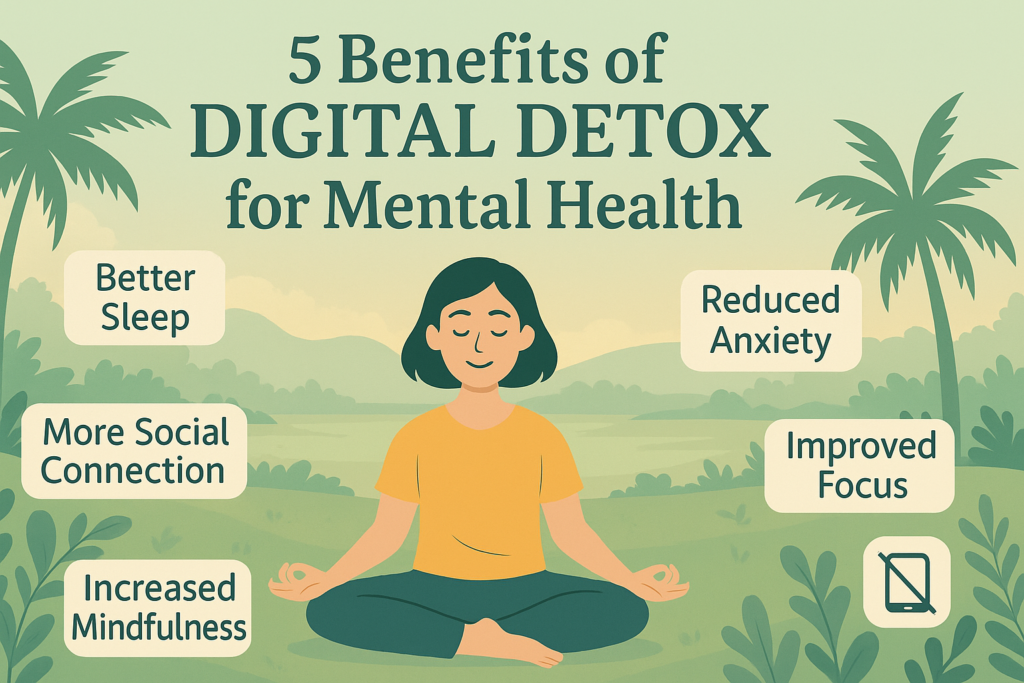
- Clearer focus and fewer distractions
- Lower stress and emotional burnout
- Better sleep quality and mental clarity
- Improved relationships and mindfulness in screen use
Studies show:
- A 30% improvement in sleep quality after reducing evening screen time
- A 25% drop in stress levels with weekend digital breaks
“During the COVID lockdown, my son, then a Class 12 student, struggled with screen addiction and became socially withdrawn. He found it difficult to interact with others and lost interest in everyday activities. We opted for a 14-day holistic treatment that included Ayurvedic consultation, counselling, lifestyle modifications, therapies, yoga, and outdoor mindfulness sessions. The change was remarkable, he became more interactive, focused, and emotionally stable. Since then, he has successfully completed his degree and master’s, and is now working as an accountant in a reputed company. We are truly grateful for the support and transformation this approach brought into his life.” – MindcareDoc Patient
When a Detox Isn’t Enough – Seeking Professional Support
If your symptoms persist even after digital detox, you may need professional guidance.
Look out for:
- Anxiety, burnout, poor sleep
- Emotional dependency on screens
- Difficulty setting boundaries or breaking habits
This is where therapy for stress and burnout or therapy for tech addiction can offer deeper healing.
How MindcareDoc Can Support Your Digital Wellbeing
At MindcareDoc, we offer compassionate, expert- led care for screen- related mental health challenges:
- Personalized therapy for screen addiction in Kerala
- Mindfulness therapy in Kochi, Trivandrum, and Alappuzha
- Support for screen time and sleep problems
- Online and in-person options for flexibility
- A safe, non- judgmental space to explore your stress triggers, habits and goals
Conclusion
A digital detox for mental health is about mindful living in a tech- driven world. You don’t need to reject technology, just learn to use it with intention.
Start with small steps. Reclaim your focus, your calm, your sleep – and your life.

